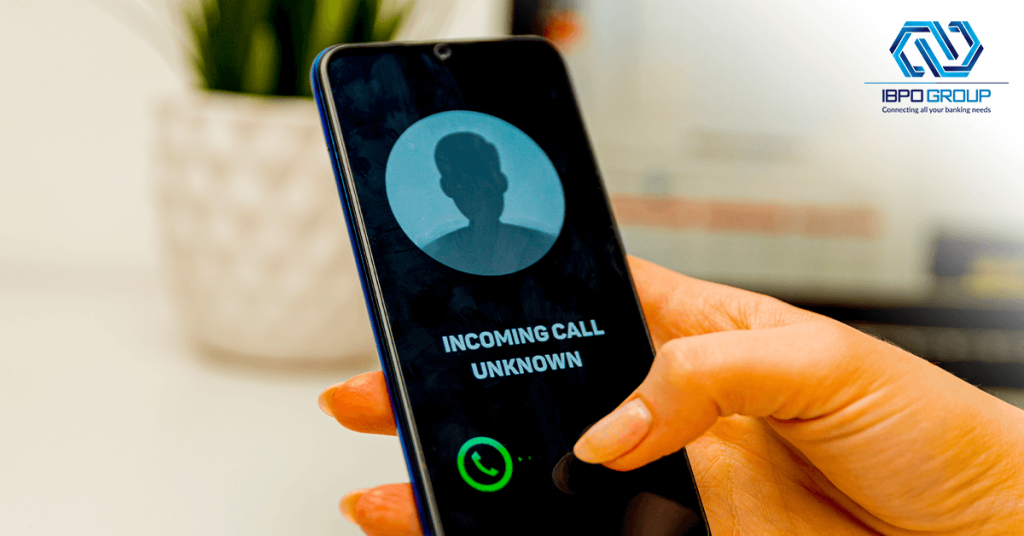- Insight
Resources

Have you seen some of the videos and photos of the police raiding million-dollar homes and taking away luxury cars of alleged Macau scammers operating from Malaysia?
How did they get this rich? By cheating innocent people, often the elderly, off thousands or even millions from their savings. They are often run by syndicates with wide-reaching networks and unfortunately, Macau Scams are some of the most active scam tactics in the country at the moment.
Why “Macau Scam?”
As briefly mentioned in a previous article of our “IBPO Against Scammers” series, this scam tactic most likely got its name because it was first reported in Macau. However, there is no definitive proof of this, but we will stick to the name for now.
How Does it Work?
Macau Scams work through fraudulent telephone calls sometimes from as far as Hong Kong. The goal is to trick the victim by pretending to be a trusted caller from the authorities such as the police or Bank Negara.

For example, victims might receive calls warning them that some of their sensitive information such as names, I.D., and bank accounts are being connected to crimes and illegal activities. To solve this problem, the caller then requests the victim to transfer a certain sum of money to an account to avoid being wrongly arrested.
The callers would use a Voice Over Internet Protocol (VoIP) to mask their voice and create the impression that they’re calling from a trusted local number.

Alternatively, callers posing as bank officers would claim that the victim failed to make certain credit card payments, and redirect them to contact an “official” from Bank Negara. The “official” would scare the victims into transferring a sum of money to avoid having their accounts blacklisted or frozen.
Other common tactics include fake lucky draws and fake attempts to get ransom for kidnappings that never happened.

Large Sums of Money Were Stolen
As of reports from late 2020, Macau Scams have allegedly taken RM 405.7 million from victims. They then launder their ill-gotten wealth via local celebrities, front businesses, and even loan sharks to guarantee returns.
How to Avoid Being a Victim?
Remember, being a part of large syndicates, these scammers are trained and experts at what they do, it is better to stay vigilant than to assume you’d never become a victim. Better safe than sorry, right?
The number one thing to do if you ever receive a call you suspect of being a Macau Scam, is NOT to panic and NOT to follow the exact instructions given by the caller.

Stay Calm and Do Not Comply Without Thinking Through
It can be hard to keep a calm head in situations like this, but that’s exactly what the scammers want to achieve, to scare you into making irrational decisions in an instant.
Try to remember, it is unlikely that the police or a bank would ever need you to divulge private information, or to perform any transactions without prior warning.
You can always verify the legitimacy of the claims of these callers by contacting the relevant organisations via their official numbers. Never call any numbers provided by the suspicious caller.
I Panicked and Got Scammed…
There is nothing to be ashamed about if you fall victim to one of these scams, as we said, these people are trained. Immediately file a police report for the authorities to start investigating.

The Hotline for PDRM is+603-21159999
The Polis Diraja Malaysia (PDRM) has set up the Commercial Crime Investigation Department (CCID) for the public to make reports or get clarification about suspicious calls. They can also verify the identity of suspicious callers.
For users who are tech-savvy, you can also lodge a police report through PDRM’s e-Reporting Portal.
If you have experience with scammers, you are encouraged to provide relevant information about the perpetrators such as any personal information you have of them, their phone numbers and bank account details. You can share this with the authorities or with your friends on social media to prevent other people from falling victim to these criminals!
CCID Scam Response Centre is open daily from 8:00 a.m till 8:00 p.m. They are contactable at 03-2610 1559 and 03-2610 1599.


